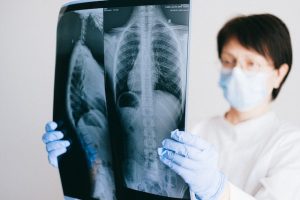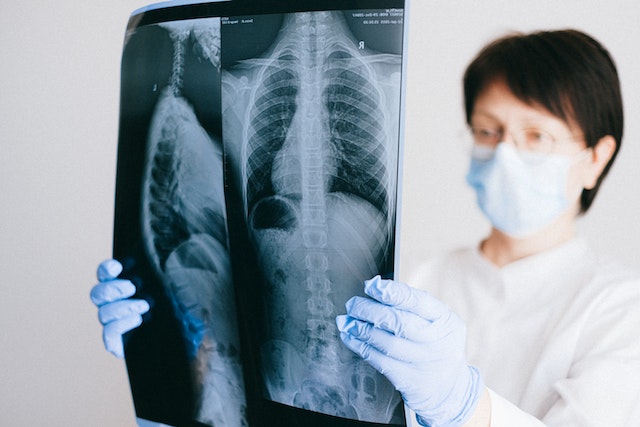From Acute Infection to Chronic Complications: Delving into Covid’s Long-Term Effects on Lungs
The Covid’s Long-Term Effects on Lungs has brought to the forefront a critical concern – the long-term effects of the virus on various aspects of health, particularly on the respiratory system. This article takes a deep dive into the journey from acute infection to chronic complications of Covid on lungs, offering insights into the evolving impact, mechanisms, symptoms, and strategies for managing and improving lung health.
Unmasking the Journey: From Acute Infection to Chronic Lung Complications
While the initial phase of Covid’s Long-Term Effects on Lungs often involves acute respiratory symptoms, for some individuals, the effects extend far beyond the initial illness. Covid-19’s journey from acute infection to chronic lung complications is a complex one, with the potential to result in persistent respiratory issues that affect overall well-being.

The Prolonged Battle: Understanding Covid’s Persistence in Lung Tissues
Covid-19’s ability to persist within lung tissues and trigger chronic complications is a matter of concern. The virus can lead to ongoing inflammation, scarring, and damage to lung tissues. Additionally, immune responses designed to combat the virus can inadvertently contribute to tissue damage, further exacerbating chronic lung issues.
Signs of Lingering Impact: Identifying Long-Term Effects on Respiratory Health
Recognizing the signs of lingering lung complications is crucial for timely intervention and effective management. Individuals who continue to experience symptoms such as persistent cough, shortness of breath, and chest discomfort should seek medical evaluation. Lung function tests and imaging studies can provide valuable insights into the extent of lung impairment and guide appropriate treatment strategies.
Charting the Path to Recovery: Strategies for Managing and Improving Lung Health
Managing chronic lung complications post Covid-19 requires a multi-faceted approach. Engaging in pulmonary rehabilitation programs can help improve lung function and respiratory well-being. Adopting a healthy lifestyle, including regular physical activity, balanced nutrition, and avoiding exposure to lung irritants, can contribute to the alleviation of chronic respiratory issues.
In conclusion, understanding the journey from acute infection to chronic complications of Covid-19 on lungs is crucial for comprehensive health management. By unmasking the evolving impact, recognizing symptoms, and implementing strategies for recovery, individuals can take proactive steps toward managing and improving their lung health. Stay informed, prioritize respiratory well-being, and navigate the path to better lung function.




